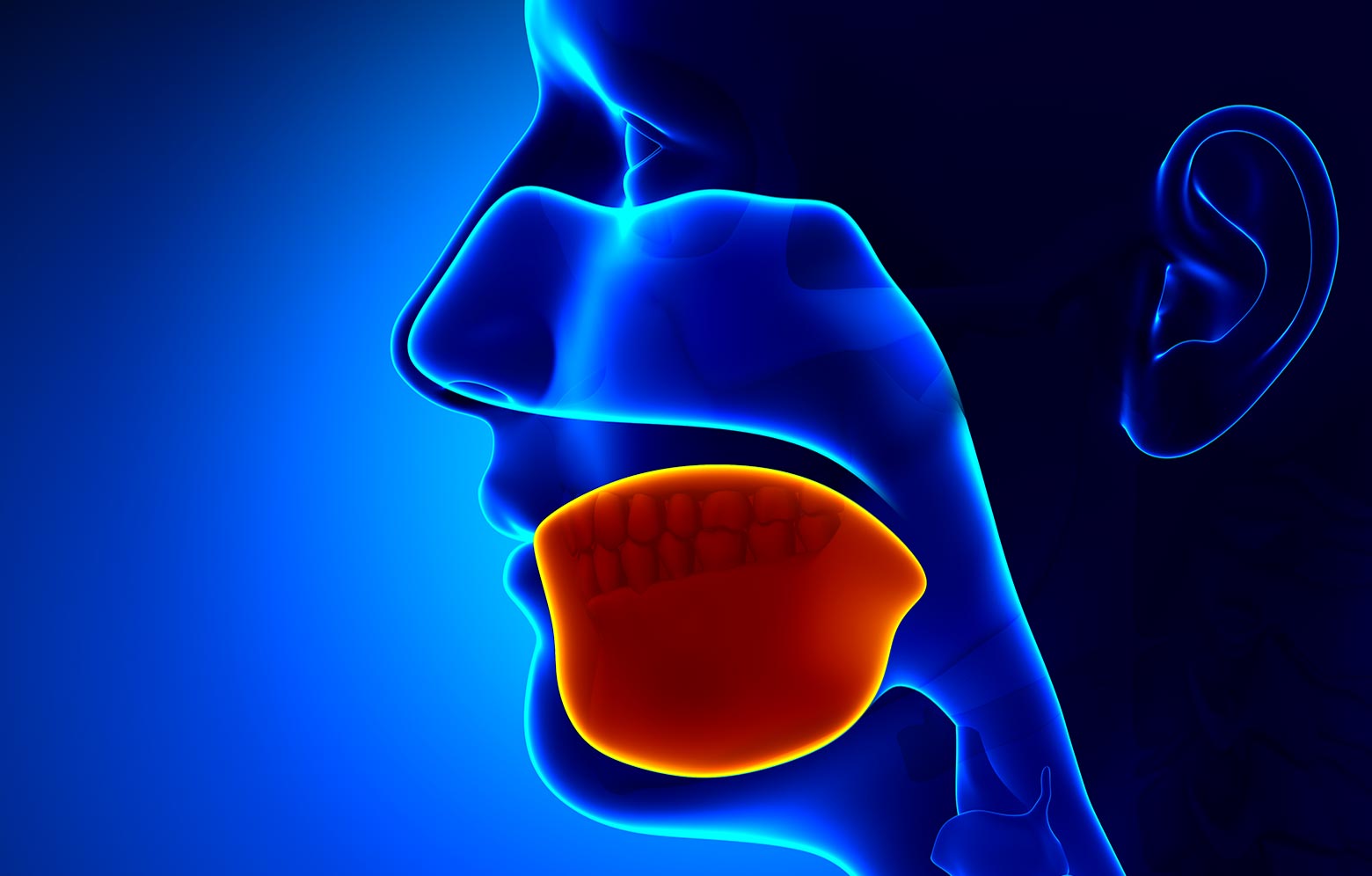Il mouth cancer it is a form of cancer that can affect different parts of the oral cavity, including the lips, tongue, gums, palate and cheeks. Neoplasms of the mouth and oral cavity are included in head and neck tumors. This type of cancer can have a significant impact on the health and quality of life of patients.
Epidemiology
According to global statistics, mouth cancer accounts for about 3% of all malignant tumors. In Italy, the incidence is 7 cases per 100,000 inhabitants. This condition is more common in men than women and the incidence increases with age, reaching a peak after 70 years of age.
Mouth cancer etiology
The aetiology of mouth cancer is multifactorial and involves the complex interaction of various risk factors. Tobacco use, including cigarettes, cigars, pipes, and smokeless tobacco, is a major risk factor associated with mouth cancer. Excessive alcohol consumption increases the risk of developing this disease by 6 times. Furthermore, exposure to UV rays and HPV infection, in particular serotype 16, is another risk factor (in the latter case of 5%).
Pathogenesis
Mouth cancer can spread in two main ways: through the lymphatic system or directly, i.e. from the mouth to surrounding tissues. Mouth cancer that spreads is metastatic, and the glands in the neck are usually the first site of spread of this disease.
Signs and symptoms
The signs and symptoms of mouth cancer can vary depending on the location and stage of the disease. Some common symptoms include persistent mouth sores, white or red patches, lumps in the mouth or glands in the neck, persistent pain, difficulty chewing or opening the mouth, and changes in voice or phonation. Many of these symptoms taken individually do not predict the presence of cancer, but it is still advisable to report them to your doctor if they occur.
Mouth cancer diagnosis
Diagnosing mouth cancer requires a thorough evaluation that may include laboratory tests and diagnostic procedures. Common laboratory tests include histological examination of a tissue sample (biopsy) taken from the suspected lesion and cytological examination of cells collected from the mouth. The goal of these tests is to determine whether the cells are cancerous and to establish the stage of the disease.
Treatment
Treatment for mouth cancer usually involves surgery to remove the tumor and sometimes the affected lymph nodes as well. If the removed area is large, we proceed with the reconstruction of the affected part. Following the operation it is also advisable to proceed with the re-education of the patient in swallowing and phonation.
Subsequently, chemotherapy and radiotherapy can also be envisaged as post-operative adjuvant therapies, to therefore increase the healing properties of the patient.
Mouth cancer prevention
Mouth cancer prevention is possible through the adoption of a healthy lifestyle and the control of risk factors. Avoiding tobacco consumption and limiting alcohol intake are crucial steps in prevention. Furthermore, it is important to adopt adequate oral hygiene, including regular cleaning of the teeth and gums, as well as periodic check-ups by a dentist. HPV vaccination may offer additional protection.
Prognosis
Generally this pathology is discovered in its advanced stages due to an underestimation of the symptoms. Many of these are in fact confused with abscesses or benign tumors. Recovery also depends on the timeliness of the diagnosis, as this determines the spread of the disease to nearby sites or through the lymphatic system to other districts. The 5-year survival rate after diagnosis is generally 50%, with a very high survival for tumors diagnosed at the site of onset, and 19% for a diagnosis of metastatic tumors.
Conclusions
Mouth cancer is a serious disease that requires careful medical attention and care. Understanding the risk factors, signs and symptoms, and available treatment options is essential for adequate support for patients with this condition. Adopting a healthy lifestyle, avoiding known risk factors, and seeking timely medical attention are essential for successful management of mouth cancer.
